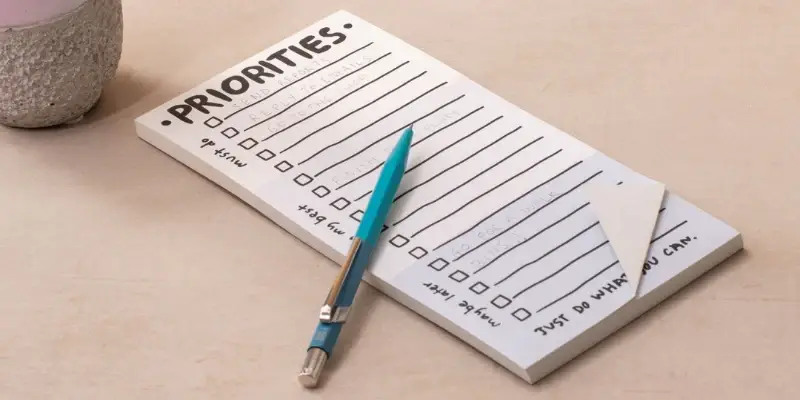
At the end of a recent Hopeful Hope seminar, someone approached me and we had a brief discussion about advanced care planning. I had just finished speaking about several topics, but one common thread tying them all together was having a plan and making that plan known.
This individual expressed how he has tried to his father about his wishes, but his father typically brushes the conversation off.
“Just put me in a box and bury me in the back yard.”
Over the years as an end-of-life educator, I’ve heard variations of comments like this and they’re all borne out the same place…fear and fear causes us to avoid things that are necessary.
Fear of the opinion of others causes us to avoid transparency.
Fear of the unknown causes us to avoid trying new things.
Fear of death causes us to minimize and avoid discussions about dying.
Here’s the problem: we can only avoid these conversations for so long and eventually they’re forced upon us and others. Sadly though, the one dying doesn’t usually have to bear the brunt of the decisions that need to be made.
In the early 1900s, life expectancy was just shy of fifty years old and most people died quickly. Prior to workplace regulations, many died on the job. Before penicillin and other antibiotics, people succumbed quickly to sepsis and other infectious diseases. CPR wasn’t really “discovered” until the 1950s, so heart-related deaths were usually pretty quick.
As medical advances have progressed though, “fast” deaths are no longer in the majority. Now, more people die “slowly”.
In his book, Outlive: The Science and Art of Longevity, Dr. Peter Attia says, “the odds are overwhelming that we will die as a result of one of the chronic diseases of aging.” These diseases include heart disease, cancer, and dementia and in most cases, these kill slowly.
That’s where we circle back to the conversation I mentioned above.
By avoiding discussing death and dying, we increase the chances that someone will have to make some really important decisions for us. Decisions about treatment, feeding tubes, tracheostomies, ventilators, hospitalizations, and nursing facilities are just a few.
Throughout our lives we are frequently making our wishes known.
When we leave our kids at home alone for the first time, we given them instructions. We tell them what we want.
When we leave for vacation, we tell a trusted neighbor and ask them to water our plants. We may even ask the mail carrier to hold our mail.
At some point everyone reading this will be getting ready to leave this life, and many of us will need to have someone we care about make some pretty important decisions on our behalf.
The most loving thing to do is tell them what we want…now.
If you don’t know where or how to start, if these conversations make you uncomfortable, please head over to the contact page and send me a message.
- Brian